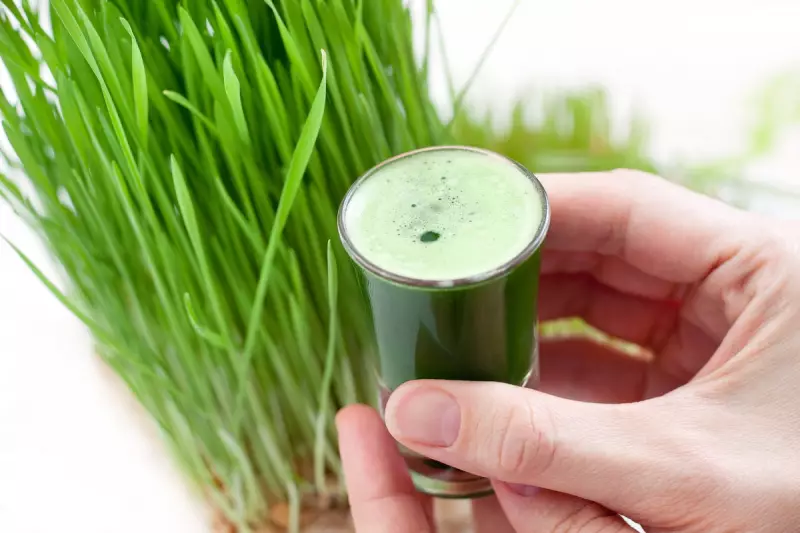
Move over, kale and matcha—there's a new green powerhouse vying for the top spot in the superfood hall of fame. Wheatgrass, the young grass of the common wheat plant, is making a serious comeback, and for good reason. Packed with a formidable concentration of vitamins, minerals, and antioxidants, this vibrant green juice is more than just a health fad; it's a nutritional titan with science-backed benefits.
What Exactly Is Wheatgrass?
Wheatgrass is the freshly sprouted first leaves of the wheat plant, Triticum aestivum. It is typically harvested early in its growth cycle, just after sprouting, when the nutrient profile is at its most potent. Unlike the wheat used in bread, it is gluten-free at this juvenile stage. It's most commonly consumed as a fresh juice, but is also available in powder and supplement form.
A Powerhouse of Nutrients in a Small Shot
Don't let its size fool you. A single ounce (30ml) of wheatgrass juice is a concentrated burst of nutrition. It boasts:
- High Chlorophyll Content: Often called 'plant blood', chlorophyll is celebrated for its potential detoxifying and blood-building properties.
- Vitamins Galore: It is rich in vitamins A, C, E, and a significant number of B vitamins.
- Essential Minerals: A good source of iron, magnesium, calcium, and amino acids.
- Antioxidants: Loaded with compounds that fight oxidative stress and free radical damage in the body.
The Proven Health Benefits
Beyond the impressive nutrient list, research points to tangible health advantages for those who incorporate wheatgrass into their diet.
Boosts Immunity and Fights Oxidative Stress
Its high antioxidant levels, including vitamins C and E and flavonoids, help strengthen the body's defence system. Studies suggest it can reduce oxidative stress, which is linked to chronic diseases and ageing.
Potential Role in Cancer Management
Perhaps the most compelling area of research is wheatgrass's potential anti-cancer properties. Some studies indicate it may help reduce the side effects of traditional cancer treatments like chemotherapy. Research has shown it can induce apoptosis (programmed cell death) in certain cancer cells and may help reduce chemotherapy-induced myelotoxicity, supporting better outcomes for patients.
Supports Healthy Digestion
Wheatgrass is a known digestive aid. It can help soothe an upset stomach, alleviate constipation, and promote a healthy gut environment due to its enzyme content and mild alkalising effect on the body.
Enhances Energy and Reduces Fatigue
Many regular users report a significant boost in energy and reduced fatigue. This is likely due to its rich iron content, which can help combat anaemia, and its dense nutrient profile that supports overall metabolic function.
How to Incorporate Wheatgrass Into Your Routine
For the bold, a straight shot first thing in the morning is the most effective method. For others, blending the powder into a smoothie with banana, pineapple, or ginger can mask the strong, earthy taste. Start with a small amount to see how your body reacts.
Important Note: While generally safe, it's crucial to source wheatgrass from a reputable supplier to avoid contamination. Those with wheat or grass allergies, or who are pregnant, should consult a doctor before consuming.
In the quest for optimal health, wheatgrass juice offers a simple, potent, and natural boost. This isn't just a trend; it's a return to powerful, plant-based nutrition that can genuinely enhance your wellbeing.





